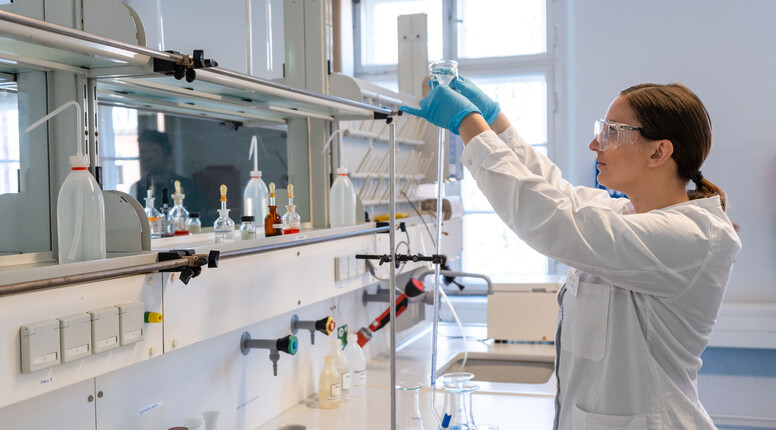Resources, Recycling and Circular Economy
€1,320.00
The first phase of this course introduces the need for adapted and sustainable water management strategies. The concept of
Circular Water Economy is presented, and the need to integrate sustainable chemistry and water quality management approaches
to fulfil the requirements of the specific water reuse. Phase 2 will present the concept of bioresources, especially from vegetal
feedstocks, in the scope of bio-circular economy. The main aim is to generate material and energy ideally with indefinite
maximization of the resources with no unrecoverable waste. Green and sustainable design, production and use of materials,
processes and energy obtained from plant-based biomass, as well as their potentialities, limitations and other practical implications
currently will be discussed, focusing on polymers. Emphasis will be giving to case studies related to plastic products. Phase 3 will
focus on metal resources and their relevance for modern society. As in principle metals are “eternal” materials their effective
recycling and wider approaches for a circular economy can significantly contribute to reduce energy needs and waste streams
linked to metal containing products of our daily life. Case studies from the clean mobility area will be used to elaborate why a
sustainable metals management is an imperative for the future.
| is restricted access: | Yes |
|---|---|
| Requirements - university entrance qualification: | Not required |
| Requirements - one year of work experience: | Required |
| Requirements Language: | English: TOEFL Internet (92 points); IELTS (Acad. Level 6.5 points); CAE/CPE (Level C1, Grade B); TOEIC (720 points listening/reading, 310 points speaking/writing); if necessary, individual examination. |
| Requirements Expertise: | Knowledge of chemistry, biology & environment |
| Other requirements |
1) Training as a chemical-technical assistant or pharmaceutical-technical assistant OR 2) B.Sc. in Chemistry, Pharmacy or similar |
| Topic: | Engineering & Natural Sciences, Sustainability, Energy & Environment |
| Format of course: | Online |
| Level: | Master |
| Course language: | English |
| Study programme |
Sustainable Chemistry
Go to study program website
|
| Number of credit points / ECTS: | 5 |
| Workload Contact time (in hours): | 8 |
| Workload self-study time (in hours): | 117 |
| Examination: | In-class examination |
| Exam format: | Portfolio |
| Further exam format: | No further Exam |
| Qualifikationsziele |
You will acquire substantive knowledge about:
|

